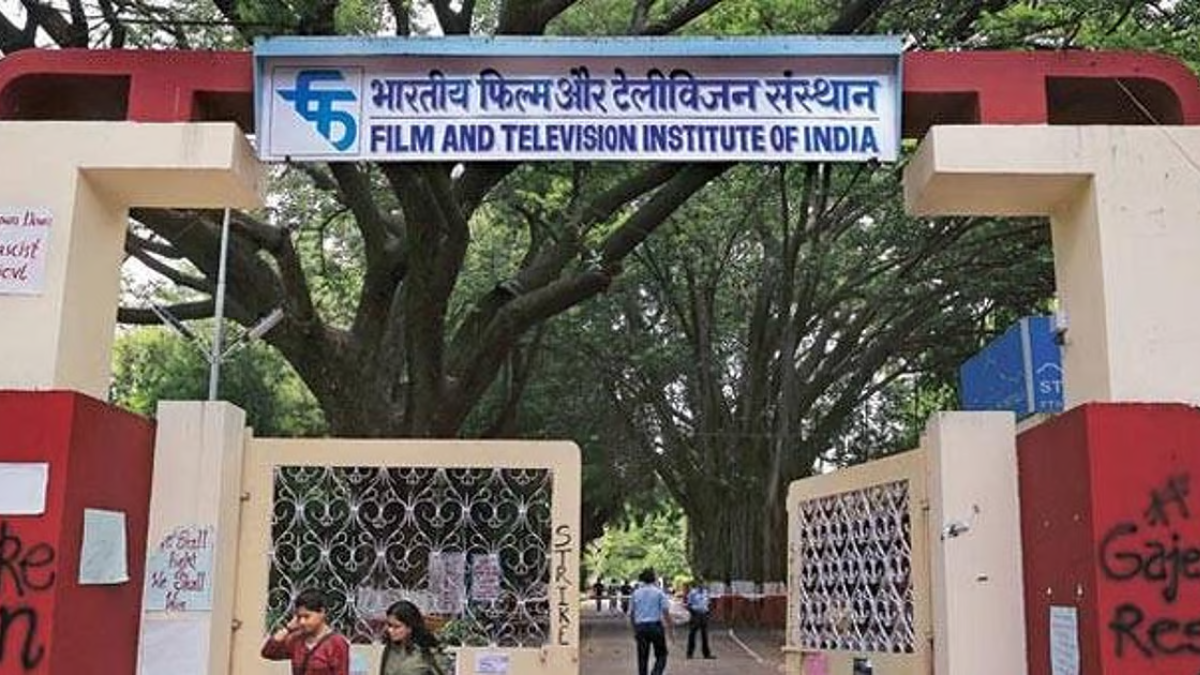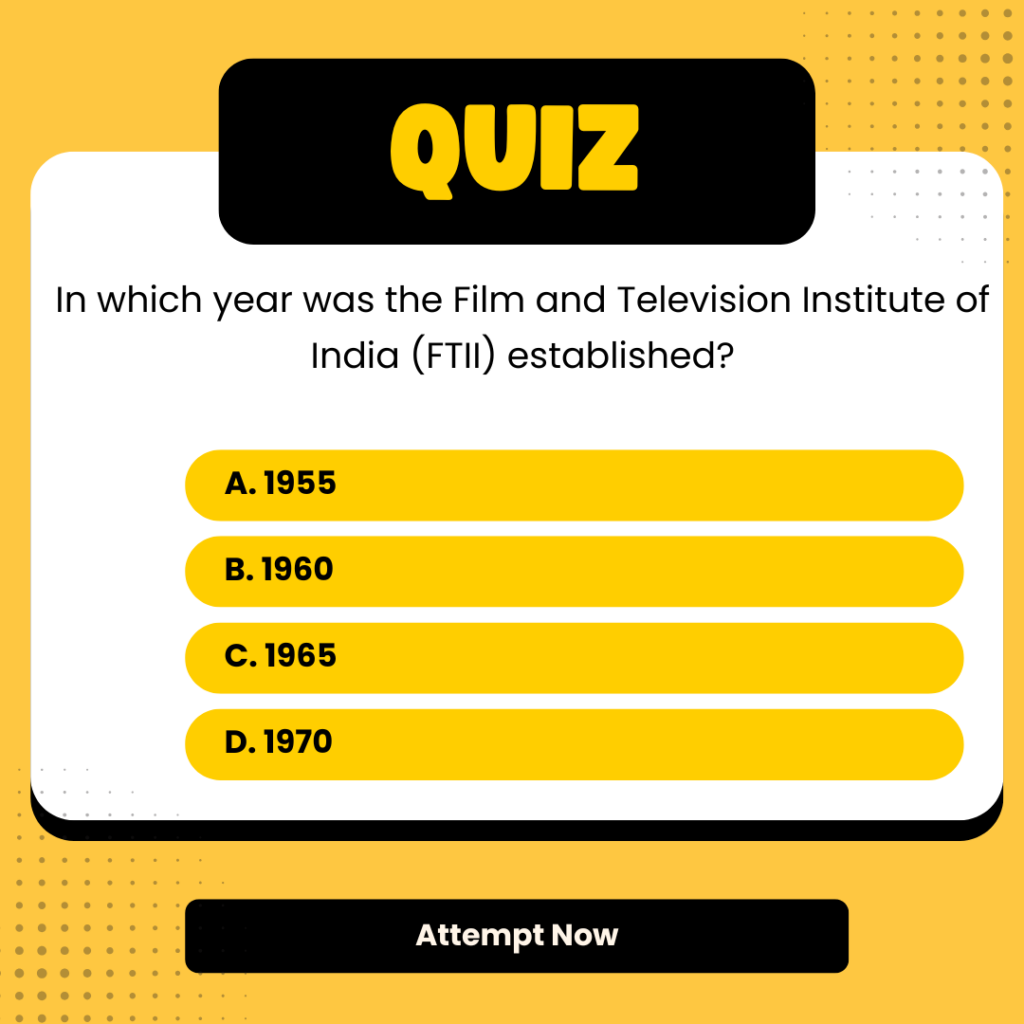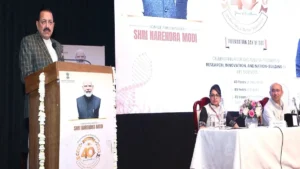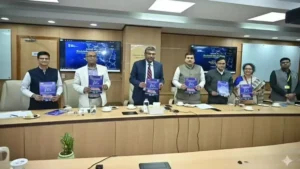In a major development for Indian higher education and the arts, the Film and Television Institute of India (FTII), Pune, has been officially notified as an “Institution Deemed to be University” by the Union Ministry of Education. The move marks a milestone in the institute’s journey and opens new doors for academic autonomy, curriculum flexibility, and research innovation in cinema and television studies.
FTII: A Pillar of Indian Cinema Education
Historical Context
FTII was established in 1960 by the Government of India and was originally known as the Film Institute of India. Located in Pune, the institute was set up on the premises of the legendary Prabhat Studios, which had relocated from Kolhapur to Pune in 1933. The institute has since carved out a formidable reputation for imparting practical, world-class training in filmmaking and television production.
Over the decades, FTII alumni have gone on to make a mark on the national and global cinematic stage. Renowned names such as Naseeruddin Shah, Shabana Azmi, Adoor Gopalakrishnan, Rajkummar Rao, and Jaideep Ahlawat all trace their creative roots back to this prestigious institution.
Challenges and Controversies
Despite its artistic excellence, FTII has not been without its share of troubles. The institute has faced frequent unrest, student strikes, and administrative controversies. A key issue has been the chronic backlog of courses, where standard three-year programmes have stretched far longer, resulting in overcrowding in classrooms and hostels.
One of the most high-profile incidents occurred in 2015, when students staged a months-long strike opposing the appointment of Gajendra Chauhan, a relatively unknown television actor, as the president of the FTII Society. The protest eventually expanded into a larger discourse on creative freedom, academic autonomy, and ideological interference.
In more recent times, the campus has also seen ideological clashes, such as a violent protest in 2023 by alleged Hindutva activists over a banner referencing the Babri Masjid demolition.
What Does ‘Deemed to be University’ Mean?
The status of a “Deemed to be University” is awarded by the central government based on the recommendation of the University Grants Commission (UGC). This recognition is reserved for institutes that demonstrate a high standard of education in a particular field, even though they may not technically be universities in the traditional sense.
This designation grants the institute:
- The academic status and privileges of a university
- Autonomy to start new courses or programmes, both on the main campus and off-campus centres, with appropriate approvals
- The ability to award degrees directly
- Enhanced scope for research, innovation, and international collaboration
Eligibility Criteria for Deemed University Status
To be considered for deemed university status, an institute must meet strict benchmarks, including:
- A NAAC ‘A’ grade with a minimum CGPA of 3.01 for three consecutive cycles, or
- NBA accreditation for two-thirds of eligible programmes for three consecutive cycles, or
- Ranking in the top 50 of any category under the National Institutional Ranking Framework (NIRF) for three consecutive years, or
- Ranking in the top 100 of the overall NIRF rankings for three consecutive years
FTII’s consistent academic performance, rich alumni base, and impact on global cinema made it a prime candidate for this distinction.
What Changes for FTII?
Academic and Administrative Benefits
With this new status, FTII is now authorized to award academic degrees, as opposed to the previous Post Graduate Diplomas and Certificates. According to Institute Director Dhiraj Singh, this transition will allow the institute to “retain its unique identity while embracing the benefits of being a world-class university.”
He further noted that this transformation will aid in:
- Promoting research and innovation
- Integrating the institute’s programmes within the National Education Policy (NEP) framework
- Offering more flexibility in curriculum and structure
Upcoming Degree Programmes
Registrar Prateek Jain mentioned that the number and nature of new degree courses will be formally announced soon. Students who enroll after the notification will be admitted into these degree-awarding programmes, with details to be published in the upcoming academic prospectus.
Current Courses and Offerings
FTII currently provides 11 full-time courses across both the Film Wing and the Television Wing, including:
- Direction and Screenplay Writing
- Cinematography
- Sound Recording and Sound Design
- Screen Acting
- Electronic Cinematography
- Video Editing
These courses, previously classified as Post Graduate Diploma or Certificate programmes, will now likely be upgraded to formal degree programmes, enhancing the academic and global recognition of FTII qualifications.
FTII’s Continued Role in the Global Film Community
The FTII website proudly proclaims its status as a “centre for excellence in audiovisual media”, with alumni working in creative hubs around the world—from Los Angeles and London to Mumbai and Chennai. The institute has contributed significantly to shaping the narrative and visual culture of Indian cinema.
This new designation affirms its place not just as an Indian institution, but as a global leader in cinematic education.




 DBT Marks 40 Years; Dr Jitendra Singh La...
DBT Marks 40 Years; Dr Jitendra Singh La...
 MeitY Launches ‘Blockchain India Challen...
MeitY Launches ‘Blockchain India Challen...
 Cabinet Approves MSP for Raw Jute for 20...
Cabinet Approves MSP for Raw Jute for 20...








